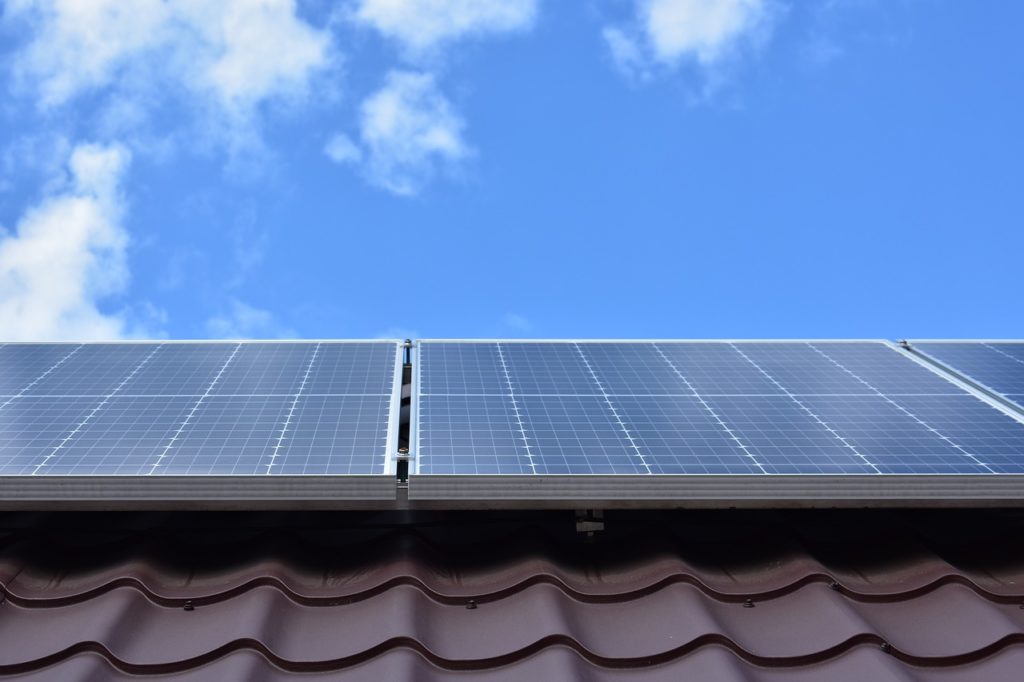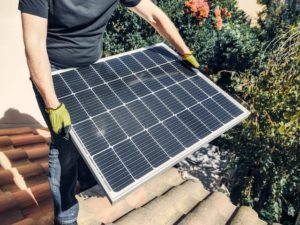
Living a sustainable lifestyle can simply start from the comfort of your home. We all agree that installing solar panels can help you in so many ways. A solar system is a great way to reduce your electricity bill and help the environment. But it’s not as effective if you don’t have a good battery backup. A battery, whether lead-acid or baterias litio, stores energy from the sun, so you can use it at night or during a power outage. This blog post will explain our best tips for finding the perfect battery for your solar system.
Pick Batteries With Usable Capacity Ratings of at Least 10 kWh
 The usable capacity is the first thing you need to look for when picking batteries. This is different from the total capacity because not all the battery’s power can be used. The usable capacity should be at least 50-70% of the total battery capacity. For example, if a battery has a total capacity of 100 kWh, its usable capacity should be at least 50-70 kWh. Also, be sure to take a look at the battery’s depth of discharge (DoD). The percentage of the battery’s capacity can be used before it needs to be recharged.
The usable capacity is the first thing you need to look for when picking batteries. This is different from the total capacity because not all the battery’s power can be used. The usable capacity should be at least 50-70% of the total battery capacity. For example, if a battery has a total capacity of 100 kWh, its usable capacity should be at least 50-70 kWh. Also, be sure to take a look at the battery’s depth of discharge (DoD). The percentage of the battery’s capacity can be used before it needs to be recharged.
Go for the Best Round-Trip Efficiency
After you have considered the usable capacity, you need to take a look at the round-trip efficiency. This is the most crucial factor when choosing batteries because it will determine how much energy you can get out of the battery. The round-trip efficiency should be at least 85%. There are two types of batteries, lead-acid and lithium-ion, and both have different efficiencies. Lead-acid batteries have a round-trip efficiency of about 80-85%, while lithium-ion batteries have a round-trip efficiency of 95%.
Never Ignore the Safety Ratings
Whatever your choice, it’s a must that you never ignore the safety ratings. All batteries have a safety rating that tells you how safe the battery is. The higher the rating, the safer the battery is. A good battery should have a safety rating of at least IP54. Note that there are two types of safety ratings, the international protection (IP) rating, and the UL certification. The IP rating measures how well the battery is protected from water and dust. The UL certification measures how well the battery is protected from fire.
Consider the Charge Controller System
The last thing you want from your solar system is a faulty charge controller. A charge controller is a device that regulates the flow of electricity from the solar panels to the batteries. It is essential because it prevents the batteries from being overcharged or damaged. A good charge controller should have at least two USB ports, an LCD screen, and a built-in timer. Now that you know what to look for in a solar battery, it’s time to start shopping around. Be sure to compare the prices and features of different batteries before making your final decision. On a side note, a solar battery should also have a warranty of at least five years. It will give you peace of mind knowing that you are covered if something goes wrong with the battery.
